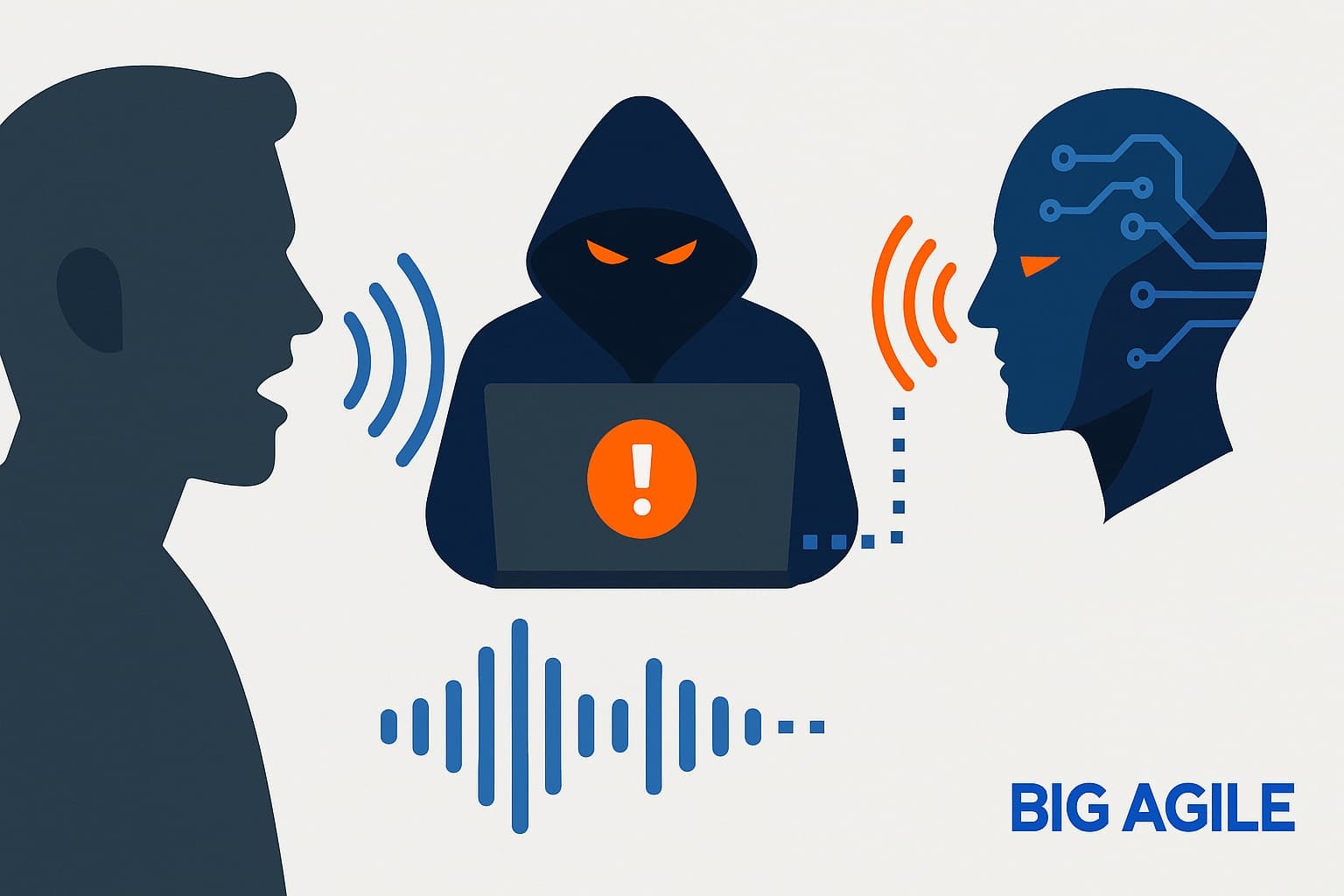
Did you know...
A growing concern in the realm of artificial intelligence is the security risks associated with voice-driven AI systems. As voice technology becomes increasingly integrated into our daily interactions, the potential for misuse escalates.
Advanced voice synthesis models, such as Sesame’s CSM architecture and F5-TTS’s ultra-fast cloning, have made it possible to replicate a person's voice with just a few seconds of audio.
This capability poses significant threats, including unauthorized access and fraudulent activities. A notable incident cited is the 2024 Arup attack, where a cloned voice of a company executive was used to authorize a fraudulent transfer, underscoring the real-world implications of this technology.
Ok, So What?
This emerging risk necessitates a reevaluation of security protocols in the context of business transformation and AI integration. Companies leveraging voice interfaces for customer service, authentication, or internal communications must recognize that voice data is not just another form of input—it is a biometric identifier unique to each individual.
Unlike passwords, once compromised, biometric data cannot be altered. Therefore, the adoption of voice technology must be accompanied by strong security measures to prevent potential breaches and uphold customer trust.
Now What
- Implement Voice Anonymization Techniques: Incorporate technologies that can anonymize voice data in real-time, stripping away identifiable features while retaining the content's integrity. This approach can protect users' identities during interactions with AI systems.
- Enhance Authentication Protocols: Relying solely on voice for authentication is increasingly risky. Businesses should adopt multi-factor authentication methods, combining voice recognition with other forms of verification, such as tokens or biometrics.
- Educate Stakeholders: Regular training sessions for employees and awareness campaigns for customers can highlight the importance of voice data security and the measures in place to protect it.
Questions to Think About
- How is your organization currently securing voice data collected through AI interfaces?
- Have you assessed the potential risks associated with voice cloning in your business operations?
- What measures can you implement to ensure that the adoption of voice technology does not compromise user privacy and security?